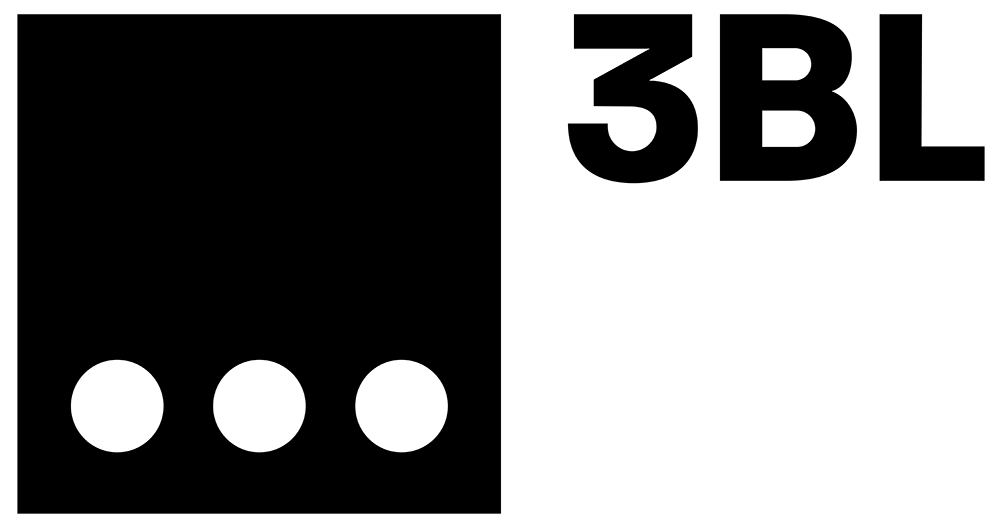Guest Post: The White House Blip: Would Ethical Standards be Helpful?

In just two minutes, the Dow Jones Industrial Average dropped 145 points!
Once AP stated its account had been hacked and the White House confirmed there was no incident, markets quickly recovered. Nevertheless, the ‘blip’ stands as a great example of how significant the influence of social media has become.
It also represents another facet of social media use in respect of which comprehensive ethical standards may be warranted. Although ethical standards are unlikely to be followed by hackers, such standards may assist legitimate social media users to adopt responsible use policies that will protect against inappropriate responses to unconfirmed or suspect information disseminated via social media. From the early media coverage of the Twitter hacking incident this morning, it is apparent that some traders responded in a knee-jerk manner, while others waited.
How might general ethical standards or company-specific social media policies for the financial sector be useful in such instances? Perhaps by providing criteria to guide traders in evaluating the legitimacy of information obtained through social media, encouraging responsible communication with stakeholders (e.g., clients), and supporting decision-making in the face of the ethical dilemma of whether to intentionally gain from someone else’s mistake.
For more on the Twitter hacking story that prompted this post:
Click here for coverage in the Wall Street Journal.
Click here for coverage in the Telegraph.
Click here for coverage in the Globe and Mail.
For related reading on social media standards, here‘s a great paper on the need for an “ethical compass” for crisis mapping: it was published early last year in Global Brief.
Click here to read more from this author
Celesa Horvath is a consultant, with some 20 years of experience in environmental assessment, regulatory affairs, corporate responsibility, and sustainability. She's been involved in projects across Canada and internationally, including China and the Middle East, for clients in the energy, mining, infrastructure, transportation, and government sectors, providing both strategic advice and practical implementation support.
This post orignally appeared on Making Sense of Resposibility. Distributed with permission of author.

